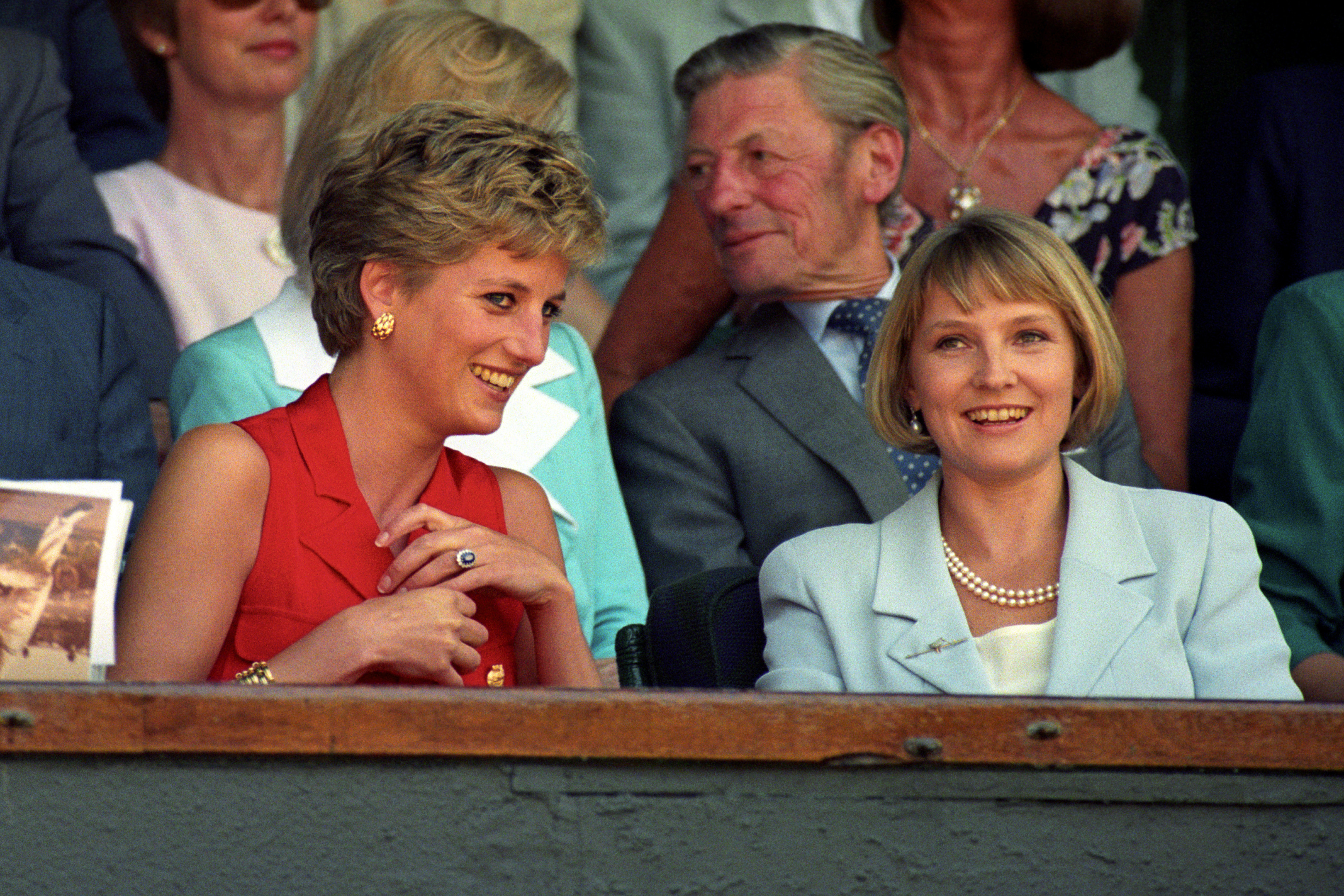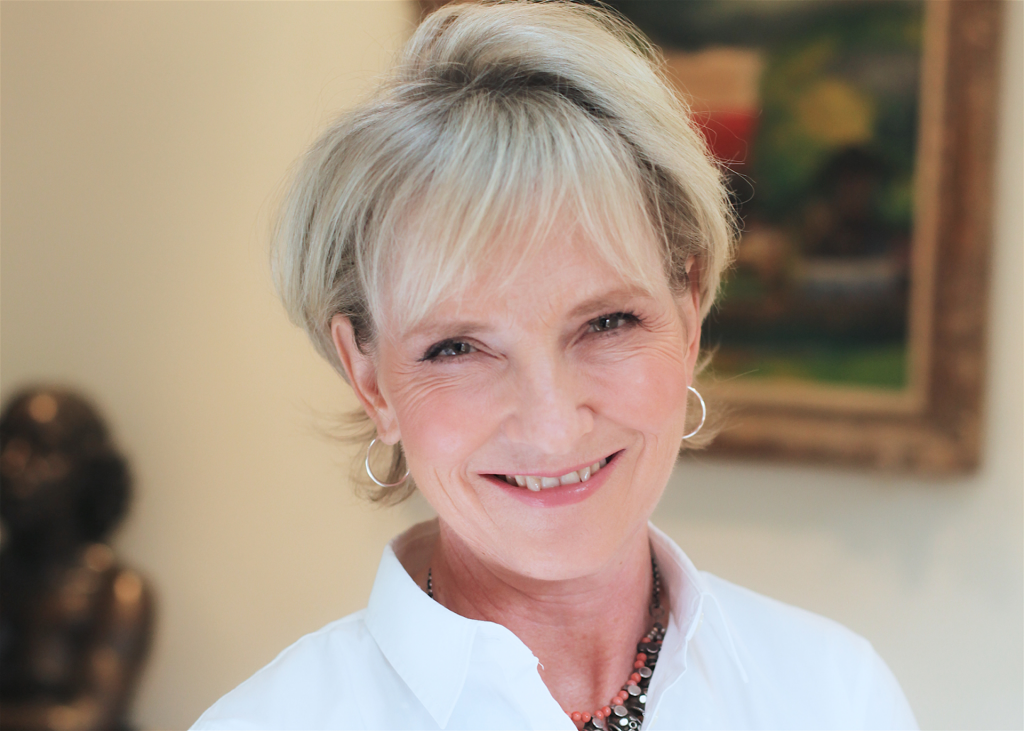
FOR countless individuals facing their lowest, toughest times, Julia Samuel has helped make facing the world just about bearable.
Julia, 57, is a founder patron of Child Bereavement UK, which she launched with the backing of close friend Princess Diana.
And on the eve of the 20th anniversary of Diana’s death this August, Julia has told how that support played a vital part in its foundation – and how she still grieves for the loss of the “people’s princess”.
The charity, which started as a “kitchen table project with big dreams and aims”, has grown to match those aims, including a strong new base in Glasgow.
Diana, who used to pick up Julia’s kids on the school run, threw her full weight behind it.
“She was very sweet,” grief psychotherapist Julia told The Sunday Post. “She came to the launch, which meant we got press and that made a difference.
“She picked a dress for me, sent me flowers and helped me practice my speech.”
It was August 31, 1997 that Diana died in a Paris car crash that shocked the world.
“It both feels like yesterday and a million years ago,” confides Julia, who has now spent more than 25 years working with bereaved families.
“I remember it vividly, like a video in my head. I’m really sad, I miss her.
“She was a princess in the way she treated people. But she was also incredibly special in the way she had fun, or emptied my dishwasher or cooked lunch.
“I miss her laugh. Everyone will have heard it – her giggle was the best thing ever.”
The regal backing has continued over the years with Prince William as the charity’s royal patron.
“Having him as a patron has helped hugely,” admits Julia, who is godmother to Prince George.
“We had an event in January where he came and met other bereaved families.
“A woman whose husband had died was there with her child and she said that after getting over her initial shock, it was just like sitting down with anyone at Child Bereavement UK.”
Julia has just shared decades of the most emotional of experiences in new book Grief Works, which has already become a bestseller. She wrote it because she was angry there was still so much ignorance around what remains a taboo subject.
“When something awful happens like the Westminster Bridge terror attacks, the drama is acknowledged but the lives of those involved will be affected for ever.
“The impact and their needs aren’t fully understood. There is research showing that 15% of all psychological disorders come from unresolved grief.”
As she feels telling stories is the most powerful way of getting a message over, the book is a collection of in-depth personal stories of those she’s encountered.
The first such home counselling session is seared into her memory.
She had just six weeks training when she set out to see Annie, in her late 60s and stuck in a run-down flat at the top of a damp high-rise block with no working lift.
“She had a boiling hot electric fire and never stopped smoking,” recalls Julia.
“Her daughter had been killed on Christmas Eve. There was the boiling heat, the smoke and her fury that her daughter had died.
“And also her fury that everyone was trying to stop her being sad. I was overwhelmed by how much love there was.”
Mum-of-four Julia, who is married to the Honourable Michael Samuel, says she knew then she’d found what she wanted to do.
The book tells tales about the death of partners and parents, siblings and children.
It also recounts the insight of those facing their own death, sharing the moving words of a woman who wanted to be at peace with her death while everyone else wanted to avoid the subject.
“If it’s a sudden death, it really is grief with the volume turned up,” explains Julia.
“It’s like a hole is burned in you, it can be catastrophic. If you don’t have unanswered questions and are at peace with them then your grieving process isn’t so difficult, although you still miss them.”
But Julia admits spending all her time dealing with those bereft through the agonies of loss means the world views her differently.
“People look at me and the first thing they think of is death.”
While she has to keep strong for those whose loss is burning so deeply, there is no cool detachment. “I don’t think I’d be any good if I kept a defence. I’ve cried a lot and I’ve had nightmares. I fainted after one particular experience of seeing a young girl who later died.
“You can’t do this and have it not affect you, but you just have to find ways of supporting myself.”
Support, too, comes from Michael, who she says gives her pragmatic words of wisdom when grim reality becomes too much.
“This has changed my perception of life,” she adds.
“Whenever I have a headache I think I’ve got a brain tumour. If I don’t hear from my children, I think they’ve been run over.
“There are so many ways to die and I’ve heard about all of them. My lens on life is warped.
“I take a lot of exercise, I do meditation and I do things that are positive. I want things that make me laugh. I want happy endings.
“And I kickbox. My teacher can’t believe how much I want to hurt him.”
Grief Works: Stories Of Life, Death And Surviving by Julia Samuel, Penguin Life, £14.99. Available from griefworks.co.uk
For help and information on child loss, see childbereavementuk.org

Enjoy the convenience of having The Sunday Post delivered as a digital ePaper straight to your smartphone, tablet or computer.
Subscribe for only £5.49 a month and enjoy all the benefits of the printed paper as a digital replica.
Subscribe